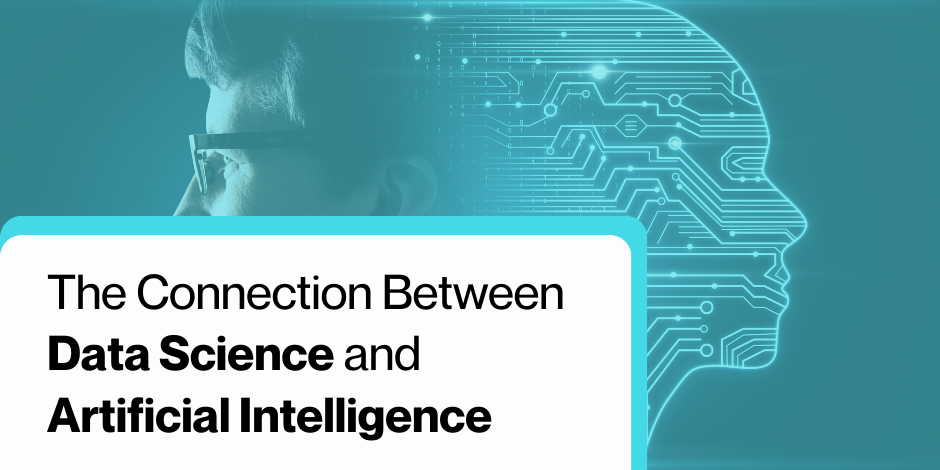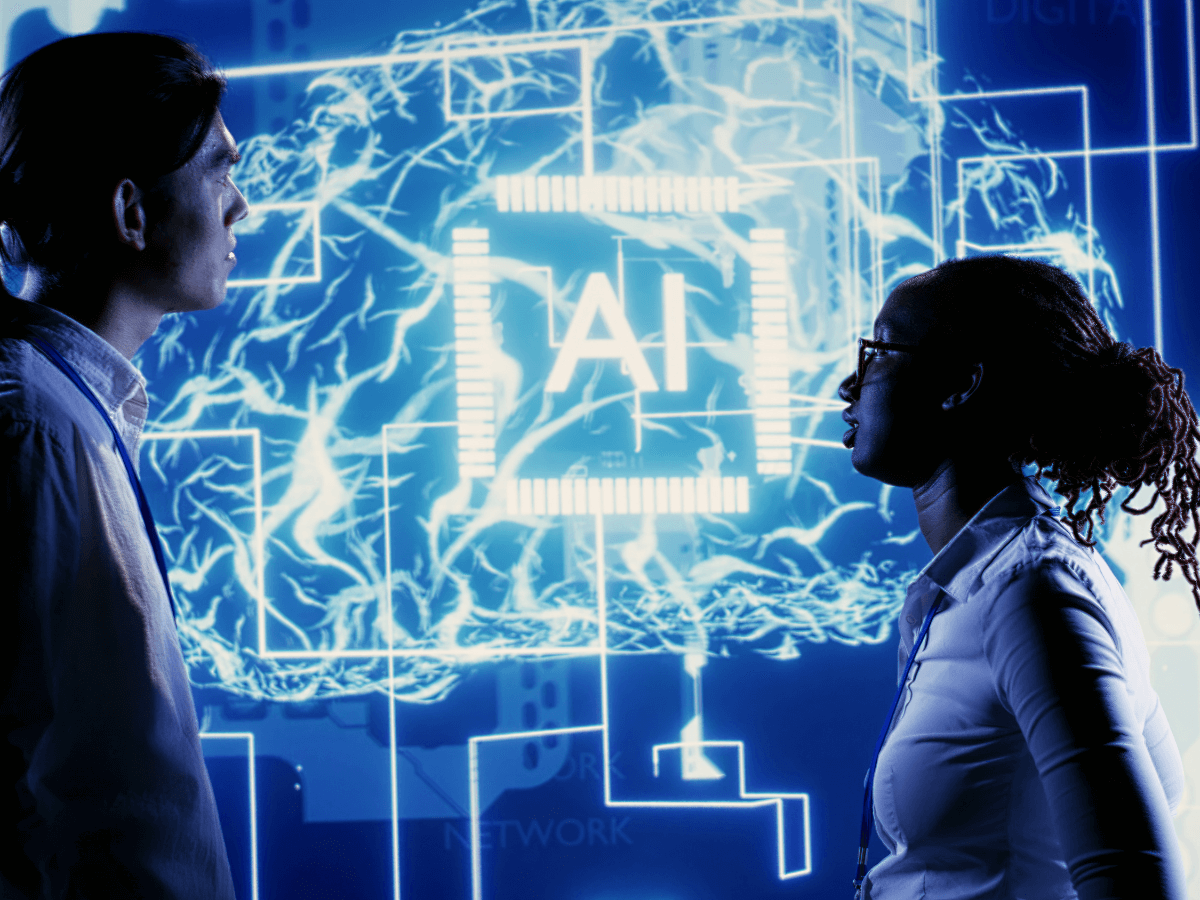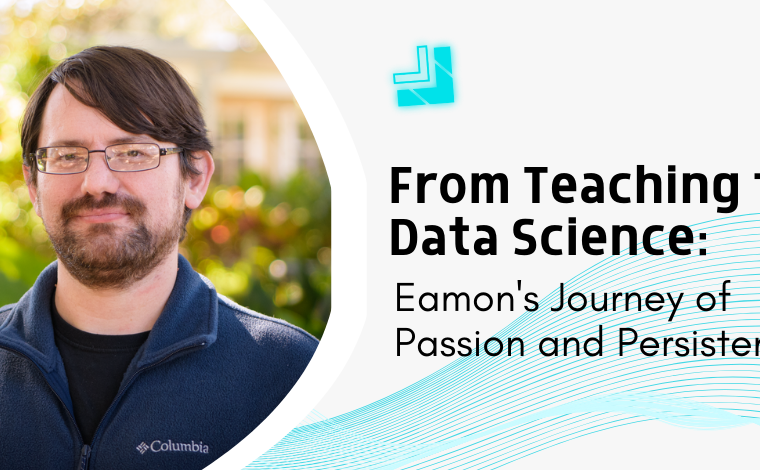Exploring the Connection Between Data Science and Artificial Intelligence

Stay Informed With Our Weekly Newsletter
Receive crucial updates on the ever-evolving landscape of technology and innovation.
Data science and artificial intelligence (AI) are two of the most exciting and rapidly evolving fields in technology.
They are often intertwined, and understanding their connection is crucial to harnessing their full potential.
This exploration will delve into the intricate relationship between data science and AI, shedding light on their interdependencies, their unique roles, and how they complement each other to drive innovation and progress.
The fundamentals of data science and artificial intelligence

Before delving into the connection between data science and artificial intelligence, it is essential to understand the fundamentals of these two fields.
Data science is a multidisciplinary field that uses scientific methods, processes, algorithms, and systems to extract knowledge and insights from structured and unstructured data.
It involves various techniques and theories drawn from many fields within the context of mathematics, statistics, computer science, and information science.
Artificial intelligence, on the other hand, is a branch of computer science that aims to create systems capable of performing tasks that would normally require human intelligence.
These tasks include learning and adapting to new information, understanding human language, recognizing patterns, solving problems, and making decisions.
AI can be categorized into two main types: narrow AI, which is designed to perform a narrow task, and general AI, which can perform any intellectual task that a human being can do.
The intersection of data science and AI

The connection between data science and artificial intelligence becomes apparent when we consider their shared goal: to extract valuable insights from data.
Data science lays the groundwork by cleaning, processing, and analyzing data to uncover patterns and trends.
AI takes this a step further by using these insights to make predictions, decisions, or actions without human intervention.
One of the key areas where data science and AI intersect is in machine learning, a subset of AI.
Machine learning algorithms use statistical methods to enable machines to improve with experience.
Here, data science plays a crucial role in providing the data needed for these algorithms to learn and evolve.
Role of data science in AI
Data science plays a pivotal role in the development and functioning of AI systems.
It provides the necessary data, cleans it, and prepares it for analysis.
Without data science, AI would lack the raw material it needs to learn, adapt, and evolve.
Moreover, data science techniques are used to analyze the outputs of AI systems.
This analysis helps in understanding the performance of the AI system, identifying areas of improvement, and making necessary adjustments to enhance its effectiveness.
Role of AI in data science
Conversely, AI contributes significantly to the field of data science.
AI algorithms, particularly those related to machine learning, are used to automate the process of data analysis.
This automation not only speeds up the process but also enables the handling of large volumes of data, something that would be impossible with manual analysis.
Furthermore, AI can help identify complex patterns and make accurate predictions, thereby enhancing the quality of insights derived from data.
This capability is particularly useful in fields like predictive analytics, where accurate forecasting is crucial.
Real-world applications of data science and AI

The connection between data science and artificial intelligence is not just theoretical; it has practical implications in various real-world scenarios.
From healthcare to finance, from marketing to logistics, the combination of data science and artificial intelligence is transforming industries and creating new opportunities.
In healthcare, for instance, data science and AI are used to predict disease outbreaks, personalize patient care, and improve diagnostic accuracy.
In 2022, researchers developed a predictive model based on microbiome data that could accurately predict type 2 diabetes and inflammatory bowel disease (IBD), two common non-communicable diseases.
However, this model didn’t consider the potential for comorbidities, which are the simultaneous presence of two or more chronic conditions in an individual.
As the world’s population ages, more people are living with multiple chronic diseases.
To address this, tools that can detect multiple diseases at once are needed, and a new AI-powered tool called Meta-Spec aims to do just that.
Cutting-edge tools like Meta-Spec exemplify the tangible impact of integrating data science and artificial intelligence.
This synergy drives transformative advancements across industries, showcasing the practical implications of their collaboration in real-world applications.
Challenges and future directions
Despite the immense potential of the connection between data science and artificial intelligence, some challenges need to be addressed.
These include issues related to data privacy and security, the need for high-quality data, and the risk of algorithmic bias.
Moreover, there is a growing need for professionals who are skilled in both data science and AI, highlighting the importance of education and training in these fields.
Looking ahead, the connection between data science and AI is likely to become even more pronounced.
The possibilities for data-driven AI are expanding with advancements in technologies like deep learning and neural networks.
Moreover, as more and more industries recognize the value of data and AI, the demand for professionals with expertise in these fields is set to rise.
Conclusion
The connection between data science and artificial intelligence is a symbiotic one, with each field enriching the other to create a powerful tool for extracting insights from data.
As we continue to navigate the data-driven landscape of the 21st century, understanding this connection will be key to unlocking the full potential of these transformative technologies.
Want to learn more about data science and artificial intelligence?
Download a copy of the Institute of Data’s comprehensive Data Science & AI program outline for free.
Alternatively, we invite you to schedule a complimentary career consultation with a member of our team to discuss the program in more detail.





